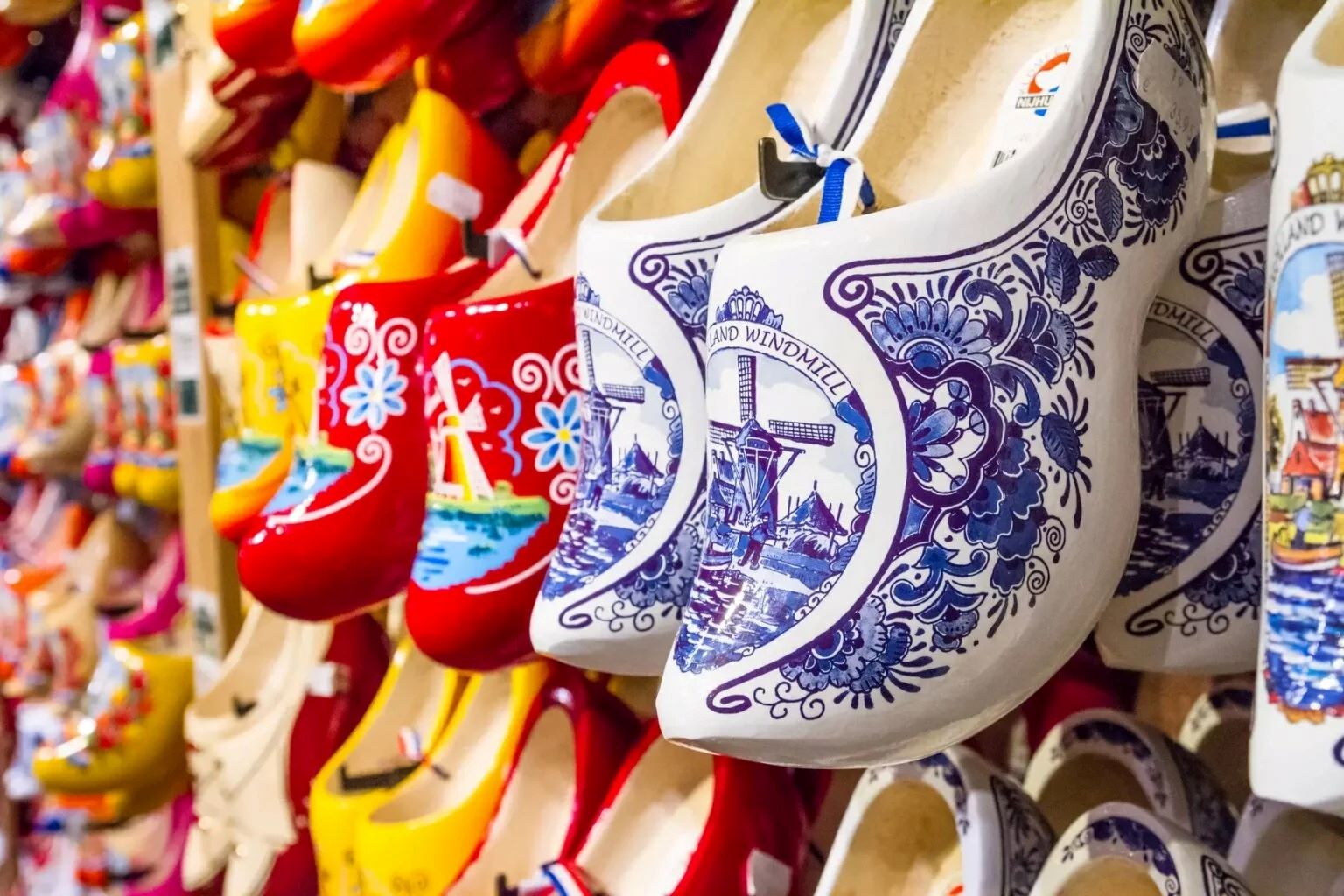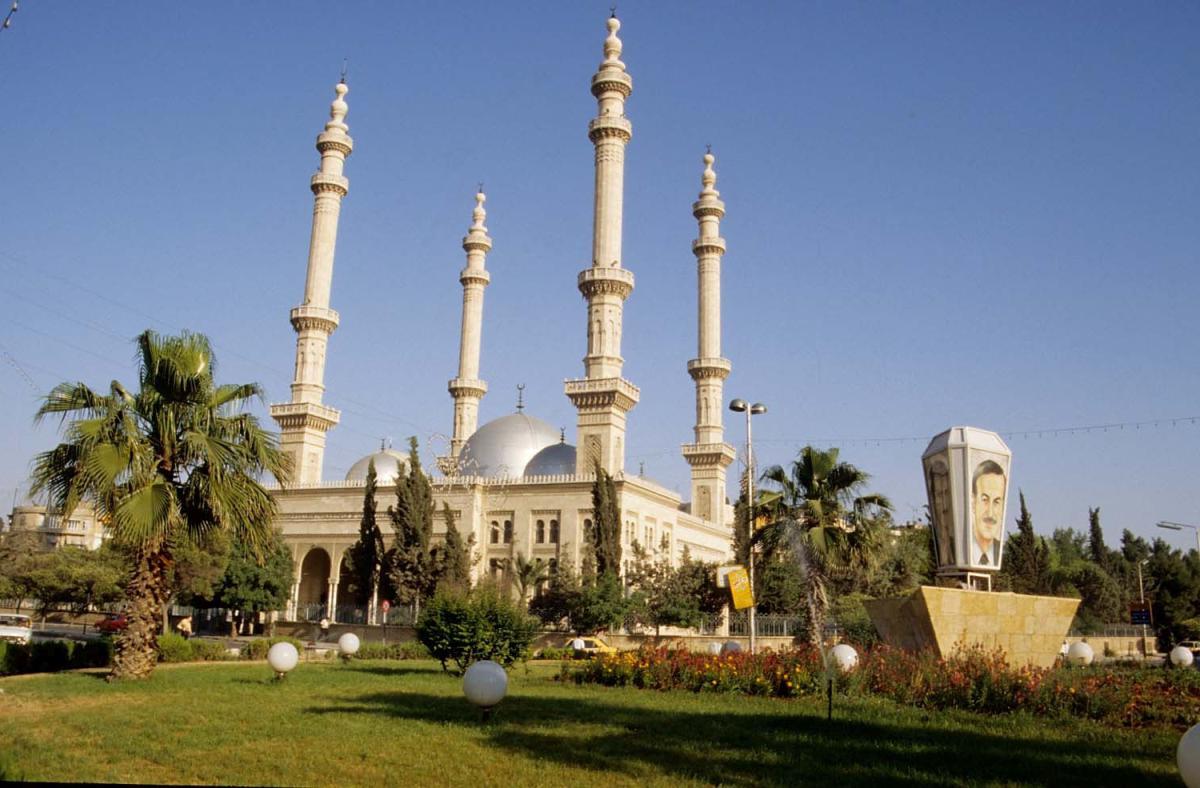
Curious about the Netherlands? This small yet vibrant country packs a punch with its rich culture, unique traditions, and fascinating history. From windmills and tulips to cheese markets and cycling, Dutch culture offers a blend of old-world charm and modern innovation. Did you know the Dutch are known for their directness and love for gezelligheid, which means a cozy, friendly atmosphere? Ever wondered why wooden clogs are a symbol of the Netherlands or how the Dutch manage to live below sea level? Get ready to dive into 18 intriguing facts that will give you a deeper appreciation for this remarkable nation.
Dutch Cuisine: More Than Just Cheese
Dutch cuisine offers a variety of unique dishes that reflect the country's rich history and culture. Let's explore some interesting facts about Dutch food.
-
Stroopwafels: These sweet, thin waffle cookies filled with caramel syrup are a popular Dutch treat. They originated in the city of Gouda in the 18th century.
-
Haring: Raw herring, often served with onions and pickles, is a traditional Dutch snack. It's typically eaten by holding the fish by the tail and taking a bite.
-
Poffertjes: These small, fluffy pancakes are a favorite at Dutch fairs and markets. They're usually served with powdered sugar and butter.
-
Erwtensoep: Also known as "snert," this thick pea soup is a winter staple in the Netherlands. It's made with split peas, pork, and vegetables.
Dutch Art and Architecture
The Netherlands has a rich artistic heritage, with contributions from some of the world's most famous artists and architects. Here are some fascinating facts about Dutch art and architecture.
-
Rembrandt: Rembrandt van Rijn, one of the greatest painters in history, was Dutch. His works are known for their dramatic use of light and shadow.
-
Vincent van Gogh: Another famous Dutch artist, van Gogh is known for his post-impressionist works. Despite his struggles with mental health, he produced over 2,000 artworks.
-
Dutch Golden Age: The 17th century was a period of great wealth and cultural achievement in the Netherlands, known as the Dutch Golden Age. This era saw the rise of many famous painters, including Johannes Vermeer.
-
Canal Houses: Amsterdam's iconic canal houses, with their narrow, tall facades, are a hallmark of Dutch architecture. They were built during the Dutch Golden Age.
Dutch Traditions and Festivals
The Dutch have a variety of unique traditions and festivals that reflect their history and culture. Here are some interesting facts about Dutch customs.
-
King's Day: Celebrated on April 27th, King's Day is a national holiday in the Netherlands. People dress in orange, the national color, and participate in street parties and flea markets.
-
Sinterklaas: This traditional Dutch holiday, celebrated on December 5th, involves the arrival of Sinterklaas (Saint Nicholas) and his helpers. Children receive gifts and sweets.
-
Tulip Festival: The Netherlands is famous for its tulips. Every spring, the country celebrates the Tulip Festival, with millions of flowers blooming in fields and gardens.
-
Elfstedentocht: This legendary ice skating race takes place on natural ice along a 200-kilometer route through eleven cities in Friesland. It only occurs when the ice is thick enough, which hasn't happened since 1997.
Dutch Language and Literature
The Dutch language and literature have a rich history, with many notable authors and works. Here are some facts about the Dutch language and its literary heritage.
-
Dutch Language: Dutch is the official language of the Netherlands. It's a West Germanic language, closely related to English and German.
-
Anne Frank: Anne Frank, a Jewish girl who hid from the Nazis during World War II, wrote a famous diary that has been translated into many languages. Her diary provides a poignant insight into the horrors of the Holocaust.
-
Multilingual Society: Many Dutch people are multilingual, often speaking English, German, and French in addition to Dutch. This reflects the country's history of trade and international relations.
Dutch Innovations and Contributions
The Netherlands has made significant contributions to various fields, including science, technology, and social policies. Here are some notable Dutch innovations and contributions.
-
Windmills: The Dutch are famous for their windmills, which have been used for centuries to pump water and grind grain. The iconic windmills of Kinderdijk are a UNESCO World Heritage site.
-
Bicycles: The Netherlands is known for its bike-friendly infrastructure. With more bicycles than people, cycling is a primary mode of transportation in the country.
-
Social Policies: The Netherlands is known for its progressive social policies, including legalizing same-sex marriage in 2001, the first country to do so.
Embracing Dutch Culture
Dutch culture is a rich tapestry of history, art, and traditions. From the iconic windmills and tulip fields to the vibrant cities like Amsterdam and Rotterdam, there's always something fascinating to learn. The Dutch are known for their directness, love for cycling, and innovative spirit. Their contributions to art, especially through masters like Rembrandt and Van Gogh, have left an indelible mark on the world. The Netherlands also boasts a strong tradition of tolerance and progressive thinking, evident in its social policies and diverse population. Whether it's the delicious stroopwafels or the intricate canal systems, every aspect of Dutch culture offers a unique glimpse into a nation that values both its heritage and modernity. Embracing these facts about the Netherlands enriches our understanding and appreciation of this remarkable country.
Was this page helpful?
Our commitment to delivering trustworthy and engaging content is at the heart of what we do. Each fact on our site is contributed by real users like you, bringing a wealth of diverse insights and information. To ensure the highest standards of accuracy and reliability, our dedicated editors meticulously review each submission. This process guarantees that the facts we share are not only fascinating but also credible. Trust in our commitment to quality and authenticity as you explore and learn with us.


